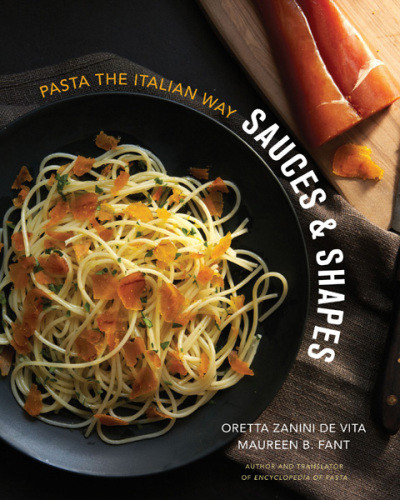

Most ebook files are in PDF format, so you can easily read them using various software such as Foxit Reader or directly on the Google Chrome browser.
Some ebook files are released by publishers in other formats such as .awz, .mobi, .epub, .fb2, etc. You may need to install specific software to read these formats on mobile/PC, such as Calibre.
Please read the tutorial at this link: https://ebookbell.com/faq
We offer FREE conversion to the popular formats you request; however, this may take some time. Therefore, right after payment, please email us, and we will try to provide the service as quickly as possible.
For some exceptional file formats or broken links (if any), please refrain from opening any disputes. Instead, email us first, and we will try to assist within a maximum of 6 hours.
EbookBell Team

4.8
44 reviewsPasta is so universally popular in the United States that it can justifiably be called an American food. This book makes the case for keeping it Italian with recipes for sauces and soups as cooked in Italian homes today.
There are authentic versions of such favorites as carbonara, bolognese, marinara, and Alfredo, as well as plenty of unusual but no less traditional sauces, based on roasts, ribs, rabbit, clams, eggplant, arugula, and mushrooms, to name but a few. Anyone who cooks or eats pasta needs this book.
The straightforward recipes are easy enough for the inexperienced, but even professional chefs will grasp the elegance of their simplicity.
Cooking pasta the Italian way means: Keep your eye on the pot, not the clock. Respect tradition, but don’t be a slave to it. Choose a compatible pasta shape for your sauce or soup, but remember they aren’t matched by computer. (And that angel hair goes with broth, not sauce.) Use the best ingredients you can find—and you can find plenty on the Internet. Resist the urge to embellish, add, or substitute. But minor variations usually enhance a dish. How much salt? Don’t ask, taste! Serving and eating pasta the Italian way means: Use a spoon for soup, not for twirling spaghetti. Learn to twirl; never cut. Never add too much cheese, and often add none at all. Toss the cheese and pasta before adding the sauce. Warm the dishes.Serve pasta alone. The salad comes after. To be perfectly proper, use a plate, not a bowl.
The authors are reluctant to compromise because they know how good well-made pasta can be. But they keep their sense of humor and are sympathetic to all well-intentioned readers.